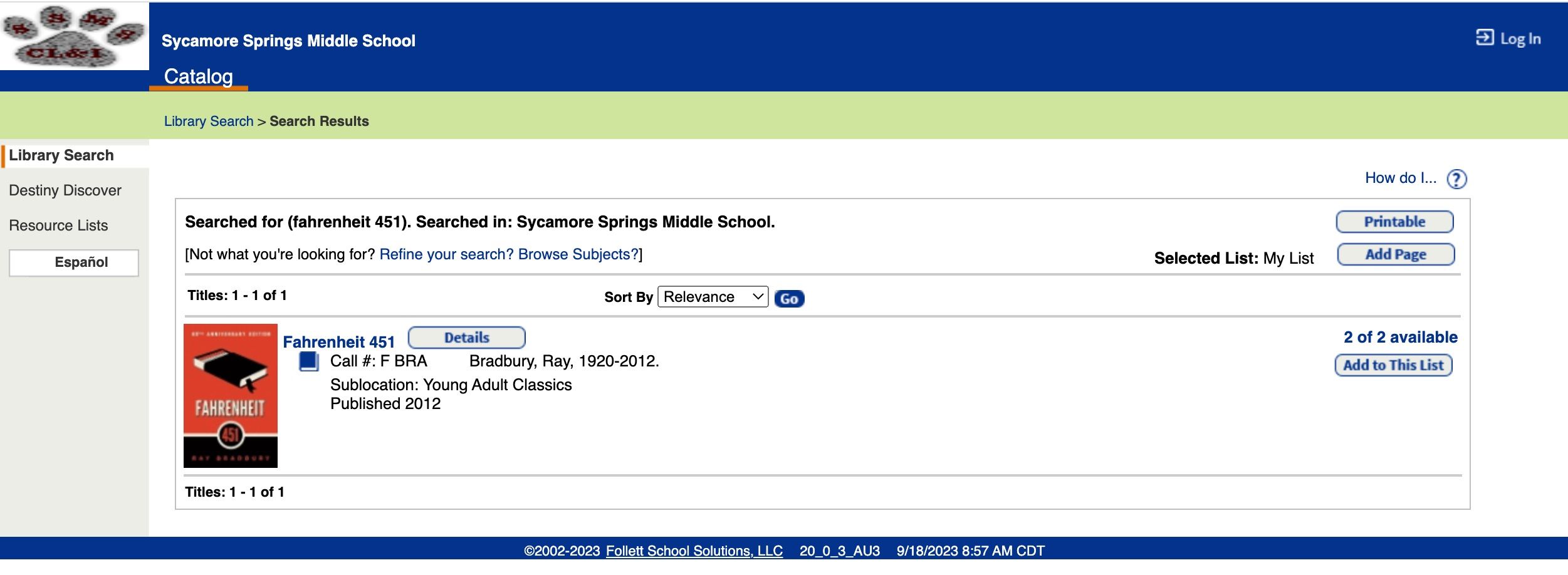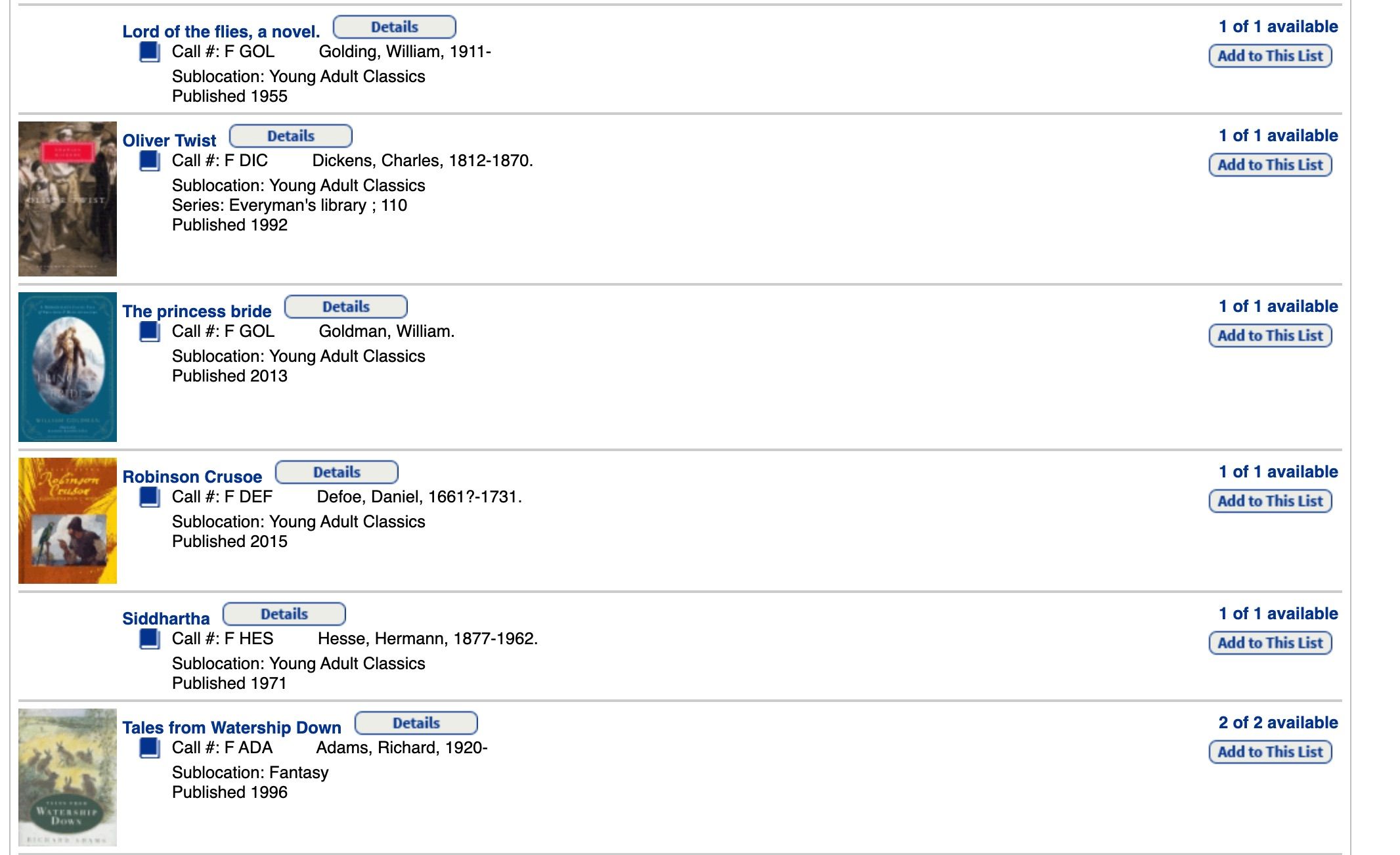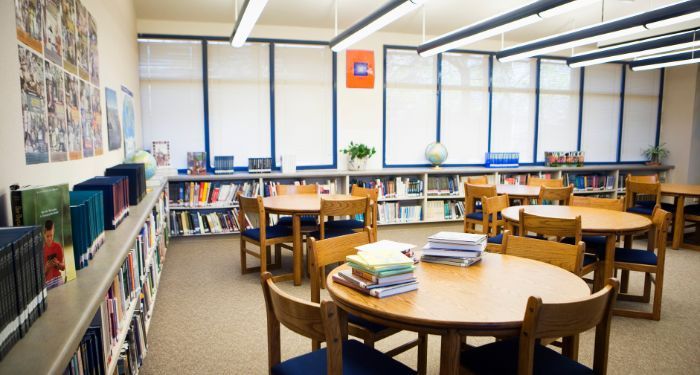Products You May Like
As school districts scramble to prepare themselves in the wake of the ongoing “parental rights” movement, some have taken steps to preemptively ward off challenges by implementing permissions for use of school library material. We’ve already seen across Florida that these opt-in/opt-out policies are unpopular, despite the rhetoric by a small minority of well-funded, well-connected parents. Parents overwhelmingly trust school librarians and educators to do their job.
The beginning of the 2023-2024 school year in Texas came right when a federal judge heard from book sellers about the violations of First and Fourteenth Amendment Rights in connection to the state’s passage of the READER Act earlier in the summer. The law was set to begin September 1, but the judge enjoined the law, declaring all parts of it void. Many schools began their preparations for the law, including districts like Fort Worth Independent School District, which completely shut down access to their school libraries for several days.
Despite the judge’s ruling, one district in Texas has elected to make access to young adult books require parental opt-in for middle schoolers.
Dripping Springs Independent School District, located southeast of Austin, serves 8,000 students. The district operates two middle schools, Dripping Springs Middle School and Sycamore Springs Middle School. Last week, an email went out from the district’s libraries to middle school parents–some of whom received the email from classroom teachers–alongside two links. The first, a form, and the second, a document explaining how to find young adult books in the school library catalogs, alongside descriptions of what constitutes a young adult book.
The document notes that all parents have the right to set up controls over what their students may access. It also includes this provision:
Also, for sixth and seventh-grade students, the Young Adult section is an “Opt In” section. All parents must complete a permission slip (Google form) to allow their students to check out books from that section. Middle School students are not allowed to check out Young Adult books unless their parents have given them permission for access.
The Google form for permission requires no signature–simply the typing of a name and clicking of a box either granting or denying student access. Students whose parents do not “sign” the form will have no access to any material cataloged in the schools as “Young Adult.”
So what does that include?
Books like Fahrenheit 451.

Oliver Twist, Go Set a Watchman, The Princess Bride, and Watership Down are among dozens of traditional literature classics now restricted for any sixth and seventh grader without an opt-in form. They are all cataloged as “Young Adult.”

These are just the classics. All young adult books, including YA classics and popular tomes, are also inaccessible to students without their parental opt-in.
A quick search of the school board meeting minutes for Dripping Springs ISD do not show discussion of such a change for the coming school year, even in the previous three months for which only an agenda is available. It is unclear when or how this decision was made, though two new members of the board began late last school year.
The district’s school library website makes no mention of the new policy, though it does offer parents a document outlining what students might be reading and, emphasized at the bottom, indicating that parents who disagree with a book being made available to all students can submit a challenge form.

Isn’t forcing parents to state that they permit their students access to an entire category of books labeling them inappropriate for those very students?
You can’t have it both ways.
This is censorship, and it creates inequity among students. If the concern is about parents who might lodge a complaint, then opt-out is the appropriate solution. With opt-in, the message is that all of the books within a whole category are inappropriate for all students.
The kids who are already at a loss–those who most depend upon their school libraries to help them succeed in class and acquire entertainment and enrichment–continue to lose.
